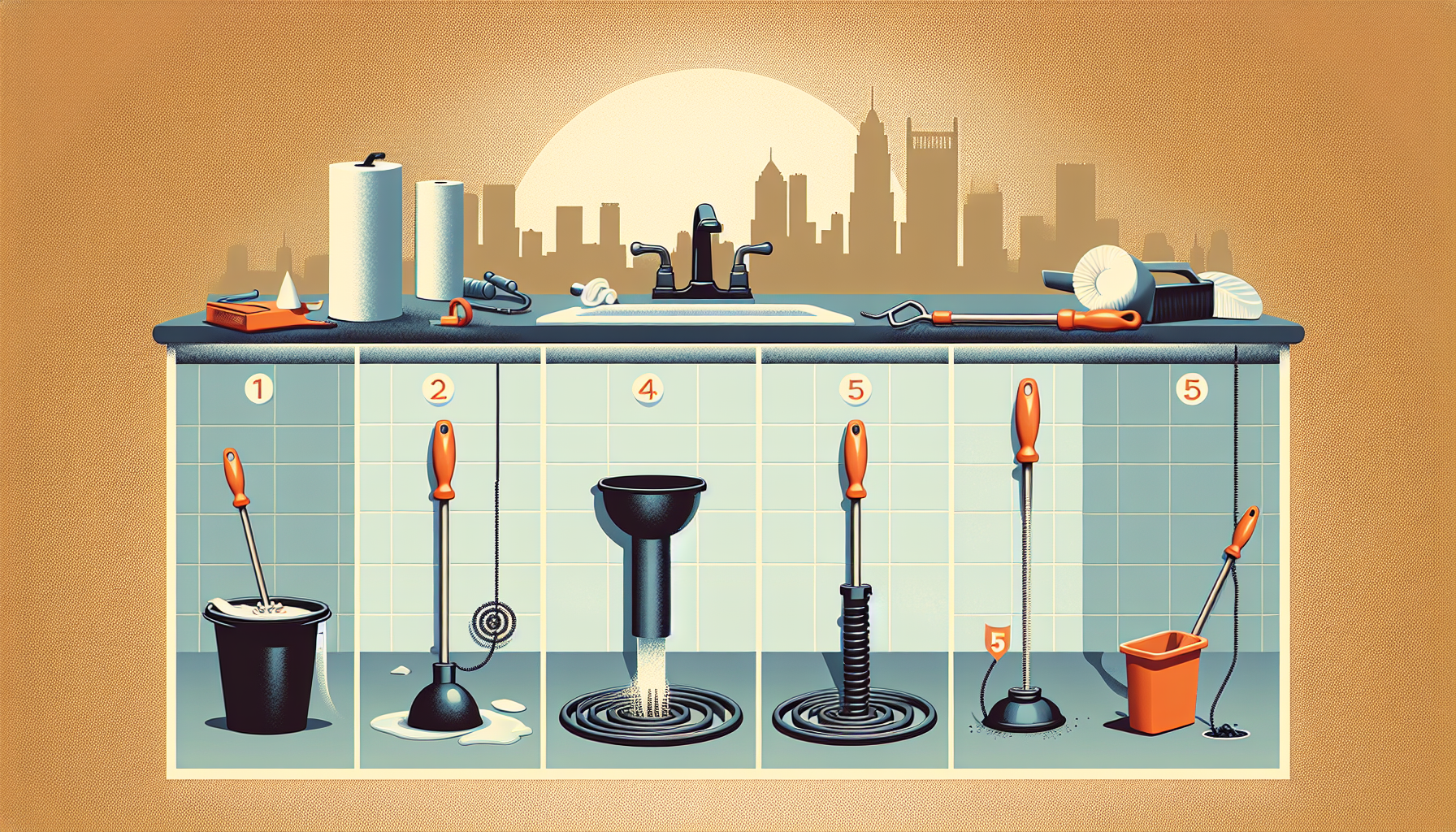
If you’re living in Spokane, WA, you’ll know that clogs can be a common household nuisance. Due to the range of seasons and activities in our area, from wintery sludge to summertime soils, our plumbing systems can get quite the workout. Fortunately, when a clog strikes, there are straightforward steps you can take to remedy the situation quickly and without the immediate need for professional help.
1. Begin with a Boiling Water FlushOne of the simplest and most eco-friendly approaches to clearing a clogged drain is to use boiling water. Boil a pot of water and pour it slowly down the troubled drain in two to three stages, allowing the hot water to work its way through the blockage in between each pour. This can effectively break down many types of clogs, including soap and grease build-up. However, be cautious if you have PVC pipes, as the boiling water could soften or damage the material. In that case, use hot, but not boiling, water.
2. Try a Plunger for More Stubborn ClogsPlungers aren’t just for toilets, they can work wonders on clogged sinks and tubs too! For this method, make sure to cover any overflow spout with a wet cloth to ensure strong suction. Place the plunger directly over the drain and pump vigorously for several minutes. If the clog loosens, you’ll notice water flowing down the drain more freely. This physical force can often dislodge clogs that boiling water can’t dissolve.
3. Employ a Drain Snake or Wire HangerIf plunging doesn’t clear the clog, you might need something a bit more intrusive. A drain snake is an excellent tool for this. Carefully feed the snake down the drain until you meet resistance, then turn it to break up the clog. No snake on hand? A straightened wire hanger can sometimes do the trick. Just remember to be gentle to avoid damaging your pipes.
4. Baking Soda and Vinegar: A Natural Dynamic DuoBefore you call in the experts, try a natural, chemical-free remedy. Pour half a cup of baking soda directly into the drain, followed by half a cup of vinegar. Cover the drain with a plug or cloth and let the mixture sit for an hour. The chemical reaction between these household staples can break up clogs, kill bacteria, and deodorize your drains. After waiting, flush with hot water to clear the debris.
5. Prevent Future Clogs with Routine MaintenanceThe best strategy for dealing with clogs is to stop them before they start. Implement some routine maintenance by regularly using a homemade mixture of hot water, baking soda, and vinegar to keep your drains clear. Additionally, installing drain screens can catch hair and other potential clog culprits. These proactive steps can go a long way to keeping your Spokane pipes flowing freely.
Conclusion: When to Call a Spokane ProfessionalAlthough these steps can effectively address many clogging issues, some cases may require professional assistance. If you’ve tried all the above measures and your drain is still backing up, it’s time to call in a Spokane plumbing specialist. They have the expertise and tools to tackle even the most stubborn clogs and can help keep your home’s plumbing in top shape. Remember, taking immediate action can prevent the problem from escalating and save you time and money in the long run.






